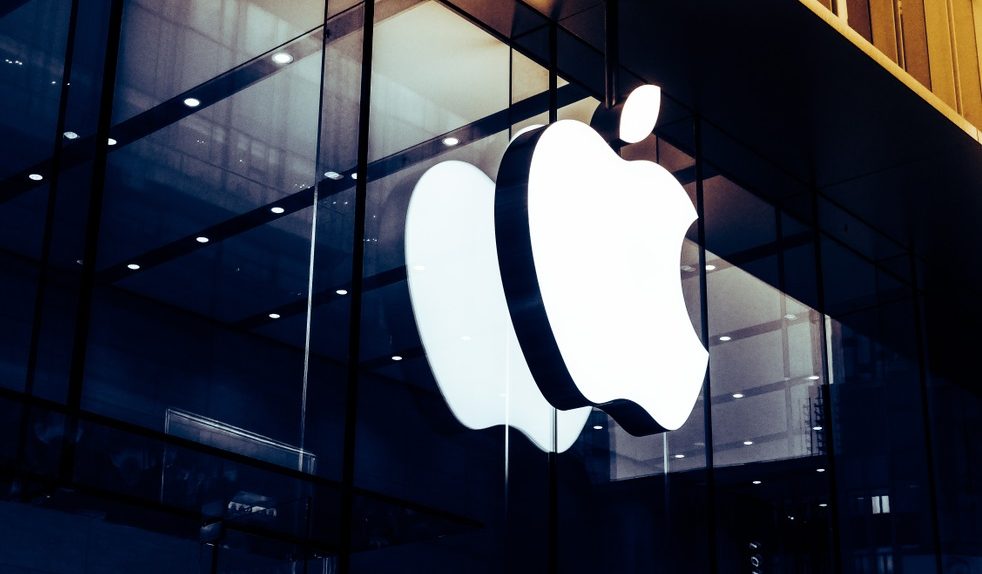While Siri has improved by leaps and bounds over the past few years, Apple’s intelligent assistant isn’t the game-changer many assumed it would become upon its introduction on the iPhone 4s back in 2011. If anything, Siri has seemingly been lapped by competing intelligent assistants from the likes of Google and Amazon. Even when it comes to something as basic as voice recognition, Siri tends to come in a step behind its rivals.
Apple of course has a large and dedicated team of talented engineers and researchers working on enhancing the Siri experience, a fact which begs the question: why is Siri not the premiere intelligent assistant on the market?
Tackling this question, Siri co-founder (recall that Apple acquired Siri in 2010) Norman Winarsky recently opined that Apple’s goals for Siri are simply too broad. In other words, Winarsky believes that Apple — to its own detriment — wants Siri to be good at many things instead of focusing on just a few areas.
Pre-Apple, Winarsky said, Siri was intended to launch specifically as a travel and entertainment concierge. Were you to arrive at an airport to discover a cancelled flight, for example, Siri would already be searching for an alternate route home by the time you pulled your phone from your pocket—and if none was available, would have a hotel room ready to book. It would have a smaller remit, but it would learn it flawlessly, and then gradually extend to related areas. Apple launched Siri as an assistant that can help you in all areas of your life, a bigger challenge that will inevitably take longer to perfect, Winarsky said…
“These are hard problems and when you’re a company dealing with up to a billion people, the problems get harder yet,” Winarsky said. “They’re probably looking for a level of perfection they can’t get.”
Apple of course is well-aware of many of the challenges currently facing Siri. Indeed, the company has made a number of acquisitions in recent memory as part of a broader effort to beef up Siri’s capabilities. As to any Siri improvements on the horizon, we’ll have to wait and see if Apple has any surprises in store for us come WWDC this coming June.
It’s also worth noting that some believe Siri’s shortcomings can be attributed to Apple’s obsession with keeping user data private and not sending it up to the cloud as other companies do. For what it’s worth, Apple has long maintained that exceptional AI capabilities and protecting user data are not mutually exclusive objectives.
“I think it is a false narrative,” Apple executive Greg Joswiak told Fast Company last year. “It’s true that we like to keep the data as optimized as possible, that’s certainly something that I think a lot of users have come to expect, and they know that we’re treating their privacy maybe different than some others are.”
On a somewhat related note, The Wall Street Journal a few months ago ran a story which mapped out how Siri — even with a multi-year lead — managed to cede ground to rivals like Amazon. It’s well worth a read and can be viewed over here.








